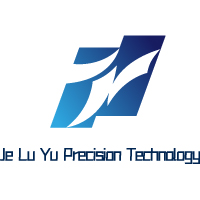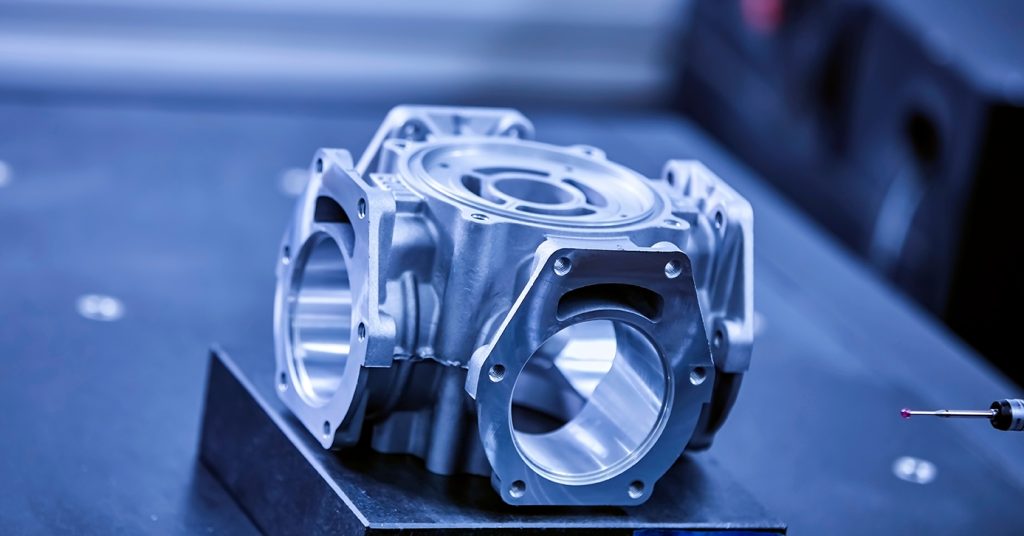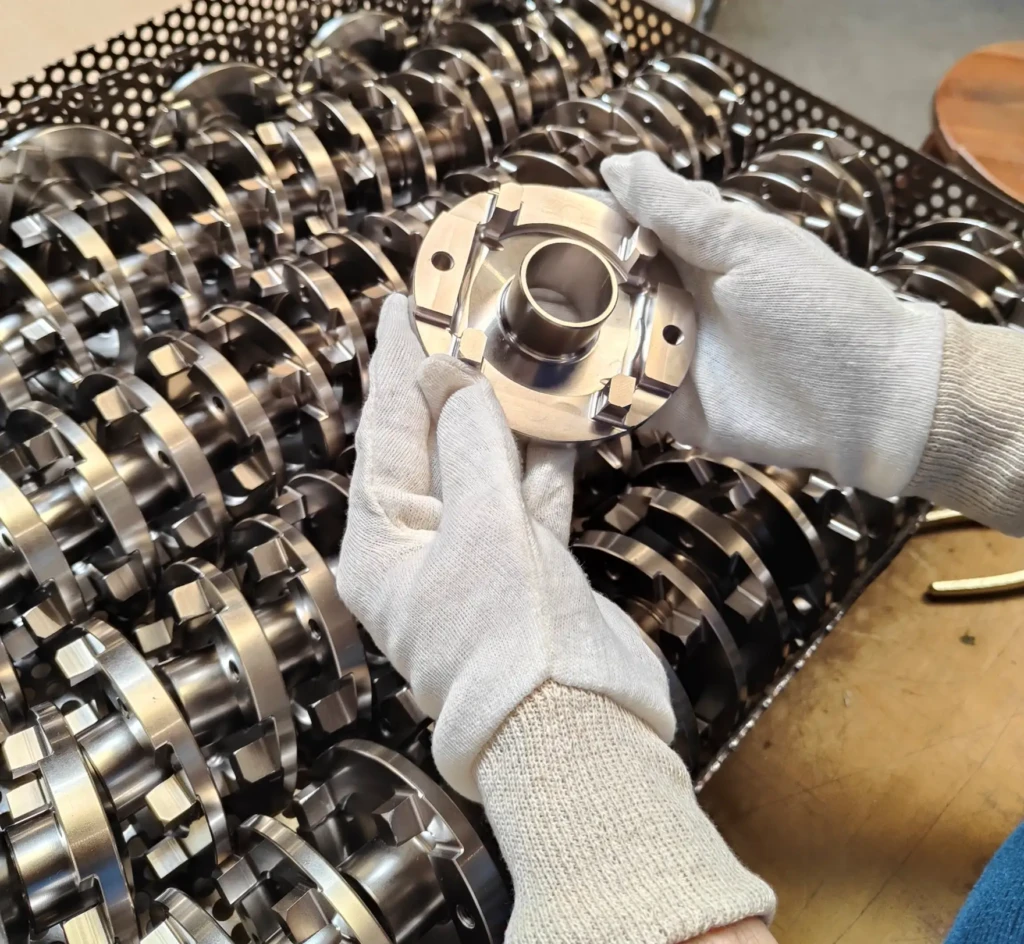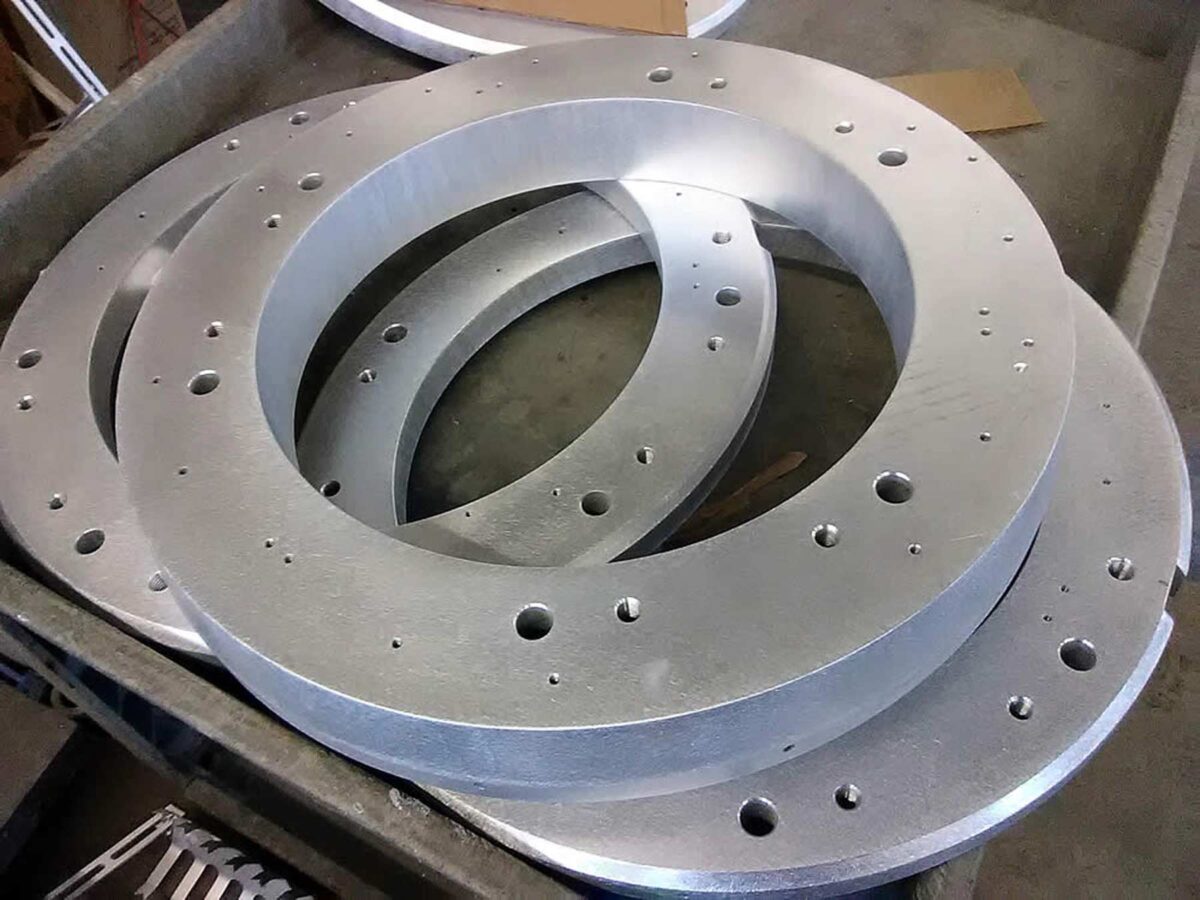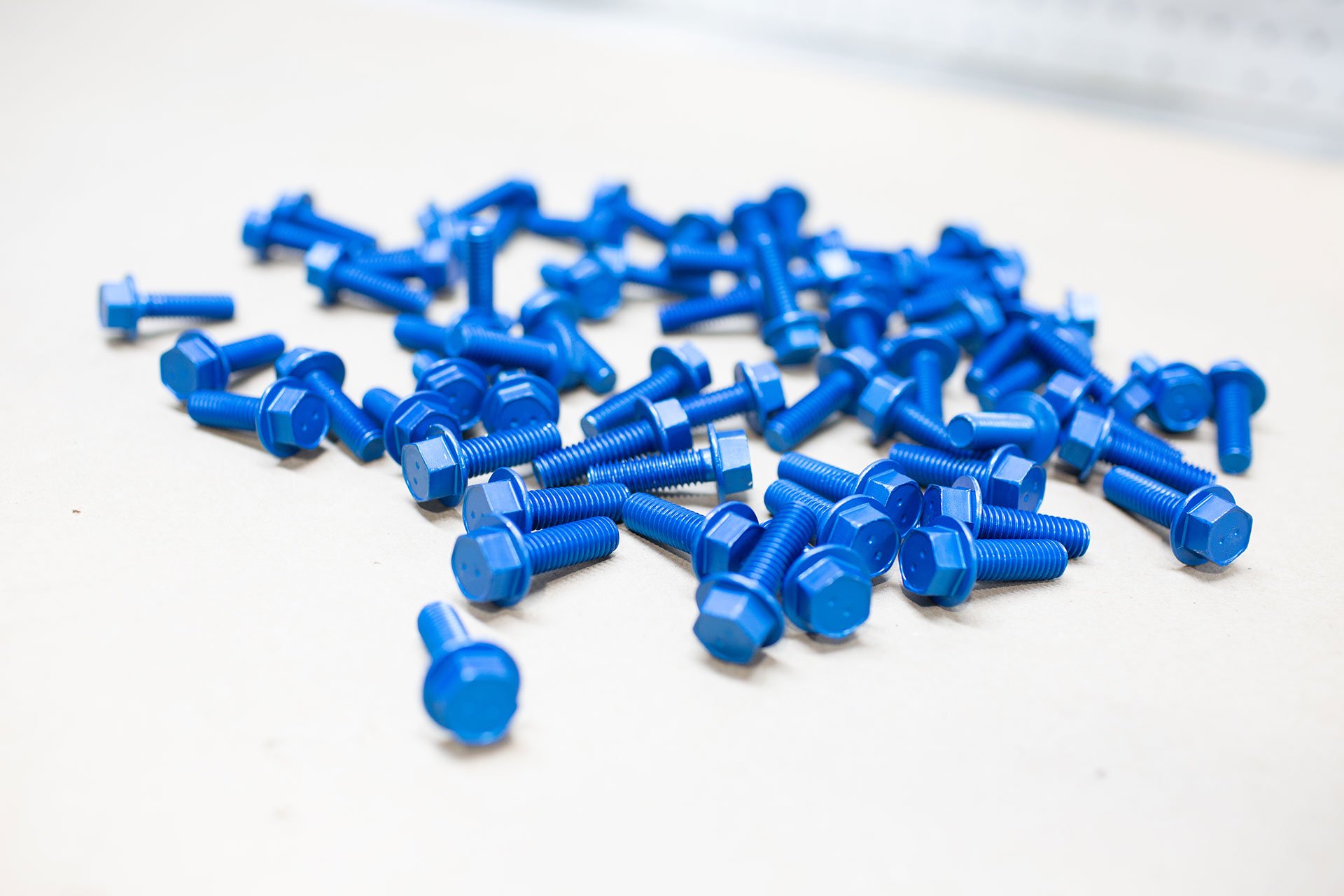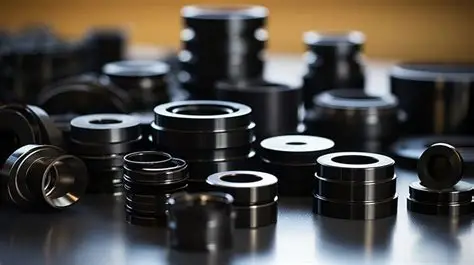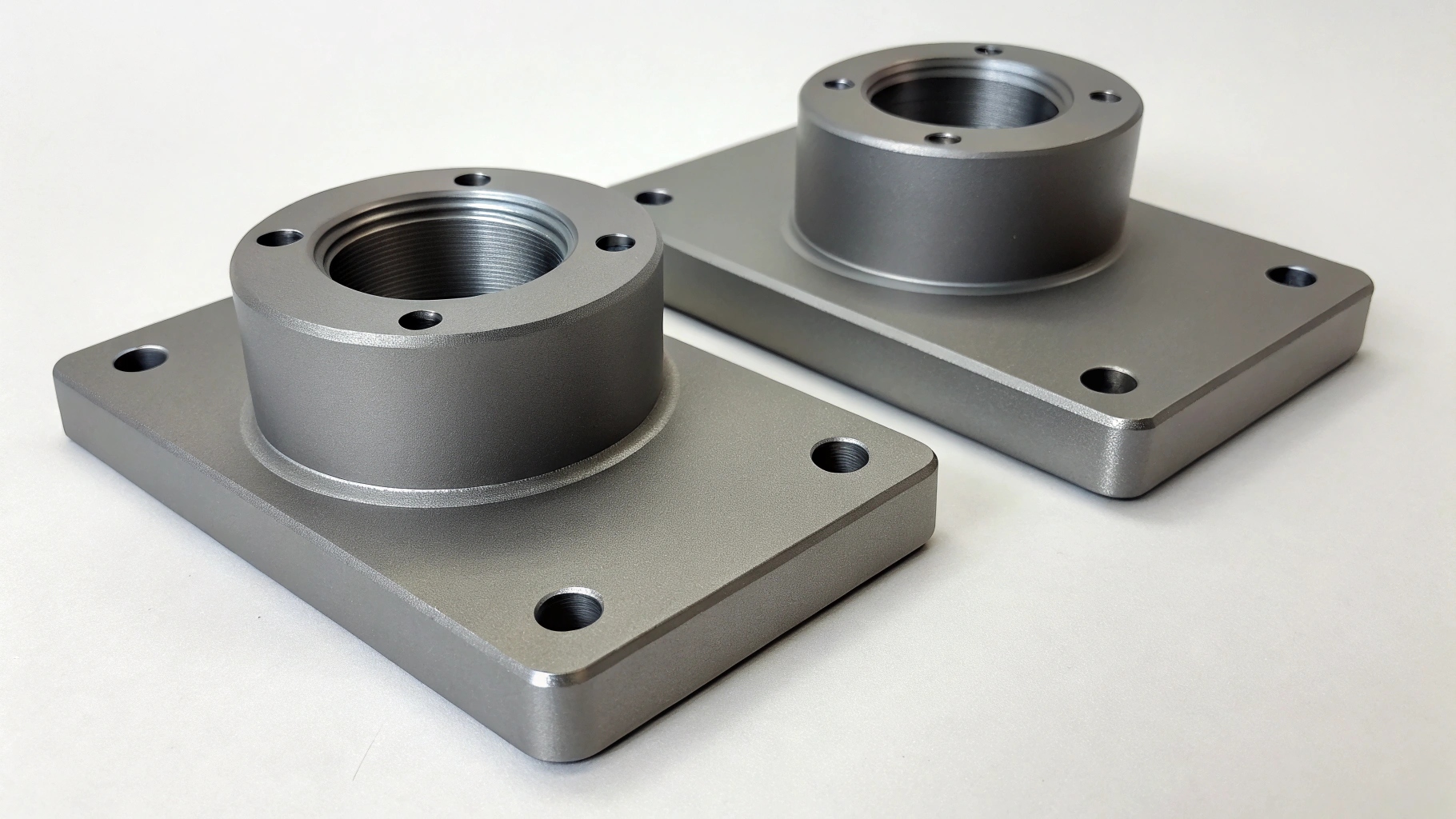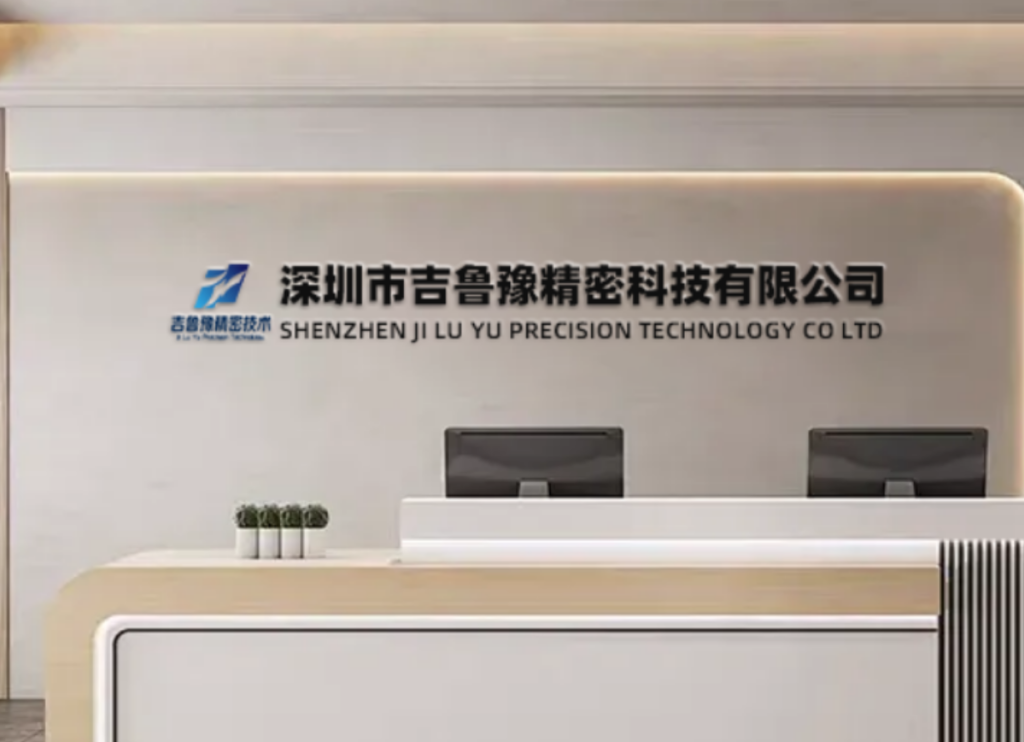Engineering Velocity: Mastering Rapid Prototyping Services with Fast Turnaround for Accelerated Product Development
The contemporary manufacturing landscape is undergoing a profound transformation, driven by escalating demands for accelerated product development cycles and the critical need for supply chain resilience. In this dynamic environment, rapid prototyping service with fast turnaround has emerged as an indispensable strategic asset for engineering teams and product developers seeking to maintain competitive advantage through speed, precision, and iterative design refinement. At JLYPT, we have positioned ourselves at the vanguard of this manufacturing evolution, providing comprehensive rapid prototyping service with fast turnaround that integrates advanced manufacturing technologies with engineering expertise to deliver exceptional prototypes with dramatically compressed lead times.
This technical analysis explores the sophisticated capabilities, operational methodologies, and strategic advantages of modern rapid prototyping service with fast turnaround. We examine how the strategic integration of digital manufacturing technologies, optimized workflows, and technical expertise enables companies across industries to accelerate innovation, reduce time-to-market, and respond dynamically to evolving design requirements and market opportunities.
The Strategic Imperative of Speed in Product Development
The paradigm of product development has shifted fundamentally in recent years, with speed-to-market emerging as a critical determinant of competitive advantage. According to industry analysis, companies that effectively implement rapid prototyping service with fast turnaround can compress development cycles by up to 50% compared to traditional approaches . This acceleration delivers substantial business benefits that extend far beyond mere convenience.
Economic Advantages of Accelerated Prototyping
The implementation of rapid prototyping service with fast turnaround generates significant economic benefits throughout the product development lifecycle:
-
Reduced Development Costs: Early identification of design flaws through rapid iteration prevents expensive tooling modifications and production-line changes, potentially saving hundreds of thousands of dollars in late-stage rework
-
Accelerated Revenue Generation: Compressing development cycles enables earlier product introduction and revenue generation, creating substantial financial advantage in competitive markets
-
Optimized Resource Allocation: Engineering teams can accomplish more design iterations within constrained development timelines, maximizing the productivity of valuable engineering resources
-
Risk Mitigation: Physical validation of designs before production commitment significantly reduces the financial exposure associated with unproven designs and manufacturing approaches
Technical Benefits of Rapid Iteration
Beyond economic advantages, rapid prototyping service with fast turnaround delivers profound technical benefits that enhance product quality and performance:
-
Comprehensive Design Validation: Physical prototypes enable thorough assessment of form, fit, and function under real-world conditions, identifying issues that may escape digital simulation
-
Enhanced Product Quality: Multiple iteration cycles facilitate continuous design refinement, resulting in optimized performance, reliability, and manufacturability
-
Stakeholder Alignment: Tangible prototypes facilitate clearer communication among cross-functional teams, ensuring alignment on design intent, functionality, and user experience
-
Supply Chain Validation: Prototypes manufactured using production-intent processes enable early verification of manufacturing approaches and supply chain readiness
Advanced Manufacturing Technologies for Rapid Prototyping
The effectiveness of any rapid prototyping service with fast turnaround depends on the strategic integration of advanced manufacturing technologies and optimized operational methodologies:
CNC Machining for Precision Prototypes
CNC machining remains the cornerstone of precision prototyping, offering unparalleled accuracy and material versatility:
-
Multi-Axis Machining Centers: Advanced 3-axis, 5-axis, and mill-turn systems capable of producing complex geometries with tight tolerances within ±0.025mm (±0.001″) for engineering-grade prototypes
-
High-Speed Machining: Advanced spindle technology exceeding 30,000 RPM with optimized toolpaths and cutting parameters for superior surface finishes and reduced machining times
-
Adaptive Machining Strategies: Dynamic adjustment of cutting parameters based on real-time tool condition monitoring and material characteristics to maintain precision while optimizing cycle times
-
Automated Production Systems: Integrated pallet changers, robotic part handling, and automated tool changing that enable continuous operation and dramatically reduce manual intervention
Additive Manufacturing for Complex Geometries
Additive technologies provide complementary capabilities for particularly complex or intricate prototype requirements:
-
SLS (Selective Laser Sintering): Thermal plastic powder bed fusion process ideal for functional prototypes with complex internal geometries and good mechanical properties
-
SLA (Stereolithography): Photopolymer resin process delivering exceptional surface finish and fine feature resolution suitable for visual prototypes and form studies
-
FDM (Fused Deposition Modeling): Thermoplastic extrusion process offering good mechanical properties and cost-effectiveness for larger prototypes and functional testing
-
Multi-Jet Fusion: HP’s thermal polymer process providing excellent mechanical properties and faster build times for functional prototypes in engineering-grade materials
Complementary Prototyping Technologies
Specialized applications may benefit from additional manufacturing approaches:
-
Vacuum Casting: For producing small batches of urethane prototypes that closely mimic injection-molded parts in appearance and material properties
-
Sheet Metal Prototyping: Rapid fabrication of enclosures, brackets, and structural elements using laser cutting, bending, and welding processes
-
Rapid Tooling: Bridge tooling approaches that enable production of prototype components using actual production materials and processes
Technical Capabilities and Tolerance Standards
The table below outlines the typical capabilities and tolerance standards for various rapid prototyping technologies:
| Technology | Standard Tolerance | Best Achievable Tolerance | Typical Build Size | Material Options |
|---|---|---|---|---|
| CNC Machining | ±0.125 mm (±0.005″) | ±0.025 mm (±0.001″) | Up to 2000 × 800 × 600 mm | Metals, Engineering Plastics, Composites |
| SLS | ±0.300 mm (±0.012″) | ±0.150 mm (±0.006″) | Up to 550 × 550 × 750 mm | Nylon, TPU, Composite Nylons |
| SLA | ±0.150 mm (±0.006″) | ±0.050 mm (±0.002″) | Up to 1450 × 1450 × 1750 mm | Standard, Engineering, Medical Resins |
| FDM | ±0.250 mm (±0.010″) | ±0.150 mm (±0.006″) | Up to 900 × 600 × 900 mm | ABS, PC, Nylon, ULTEM |
| PolyJet | ±0.100 mm (±0.004″) | ±0.050 mm (±0.002″) | Up to 490 × 390 × 200 mm | Simulated Engineering Plastics, Rubber-like |
Operational Methodologies for Accelerated Turnaround
Achieving consistently fast turnaround requires more than advanced equipment—it demands strategic implementation of optimized processes and workflows:
Digital Manufacturing Integration
Streamlined digital workflows form the operational backbone of effective rapid prototyping service with fast turnaround:
-
Automated Quoting Systems: AI-powered quoting engines that provide instant, accurate cost estimates based on CAD model analysis and manufacturing analytics, eliminating traditional delays
-
Integrated CAD/CAM: Seamless transition from customer design files to optimized toolpaths with automated feature recognition and machining strategy selection
-
Digital Twin Simulation: Virtual machining process verification that identifies potential collisions, optimizes toolpaths, and validates manufacturing strategies before physical production
-
Real-Time Production Monitoring: Connected machine monitoring systems that track job progress, machine utilization, and potential delays throughout production
Production Optimization Strategies
Strategic approaches that compress traditional manufacturing timelines:
-
Concurrent Engineering: Parallel processing of design analysis, material preparation, and manufacturing planning to eliminate sequential delays
-
Strategic Inventory Management: Maintenance of comprehensive raw material stocks in various alloys and engineering plastics to eliminate material procurement delays
-
Shift-Overlap Production: Staggered production schedules with coordinated handoffs between shifts to maintain continuous manufacturing operations
-
Expedited Post-Processing: Dedicated resources for secondary operations including support removal, surface finishing, and quality verification to maintain momentum through final delivery
Material Selection for Rapid Prototyping Applications
The availability of comprehensive material inventories is essential for responsive rapid prototyping service with fast turnaround:
Engineering Plastics for Functional Prototypes
-
ABS: Good impact resistance, dimensional stability, and surface finish capability for consumer-oriented products and enclosures
-
Polycarbonate: Excellent impact strength and transparency options for applications requiring visibility or additional durability
-
Nylon: Good mechanical properties and wear resistance for functional prototypes and moving components
-
PEEK: Superior thermal and chemical resistance for demanding environmental conditions and high-temperature applications
-
ULTEM: Exceptional thermal and chemical resistance for aerospace, automotive, and medical applications
Metallic Materials for Performance Validation
-
Aluminum Alloys (6061-T6, 7075-T6): Excellent machinability with high strength-to-weight ratios for rapid processing with superior surface finishes
-
Stainless Steels (304, 316, 17-4PH): Corrosion resistance and mechanical properties suitable for demanding applications across medical, aerospace, and industrial sectors
-
Titanium Alloys (Ti-6Al-4V): High strength-to-weight ratio and exceptional corrosion resistance for aerospace, medical, and performance applications
-
Brass and Copper Alloys: Excellent thermal and electrical conductivity for thermal management and electrical applications
Comprehensive Case Studies: Rapid Prototyping Success Stories
Case Study 1: Medical Device Surgical Instrument
-
Challenge: A medical device company discovered a design flaw in a surgical instrument during clinical trials, requiring immediate design iteration and validation. The revised design needed biocompatible materials, precise ergonomic features, and validation within 5 days to support regulatory submissions.
-
Solution: We leveraged our rapid prototyping service with fast turnaround capabilities to produce the instrument from medical-grade stainless steel with electropolished surfaces. The process incorporated micro-machining for intricate features and specialized deburring for biocompatibility.
-
Manufacturing Approach: The instrument was manufactured using multi-axis machining centers with specialized tooling for medical applications. Critical features employed precision micro-machining with tolerances within ±0.005mm. The component underwent comprehensive cleaning and passivation to meet medical device requirements.
-
Results: The redesigned instrument was delivered in 4 days, enabling immediate clinical evaluation. The rapid turnaround supported successful regulatory submission and identified manufacturing optimizations that reduced production costs by 22% for the final design.
Case Study 2: Aerospace UAV Component
-
Challenge: An aerospace developer required functional prototypes of a critical flight control actuation component within 72 hours to support unexpected design changes identified during testing. The component needed to withstand extreme operational loads and maintain precise dimensional stability.
-
Solution: Our rapid prototyping service with fast turnaround team implemented a rapid manufacturing strategy using 7075-T651 aluminum with precision 5-axis machining. The process incorporated high-speed machining strategies and integrated inspection to maintain dimensional accuracy while compressing the production timeline.
-
Manufacturing Approach: The component was machined using simultaneous 5-axis strategies with adaptive toolpaths to optimize material removal rates while maintaining structural integrity. Critical bearing surfaces employed specialized finishing techniques to achieve required surface characteristics. In-process verification confirmed feature accuracy throughout machining.
-
Results: The completed component was delivered in 68 hours, enabling the customer to maintain their critical testing schedule. The prototype demonstrated perfect fit and function, validating the design modifications and supporting continued development without program delays.
Case Study 3: Consumer Electronics Enclosure
-
Challenge: A consumer electronics company needed to validate a new product enclosure design for an upcoming product launch, with only 7 days available for prototype delivery to meet critical marketing and investor demonstration deadlines.
-
Solution: We implemented a hybrid manufacturing approach utilizing CNC machining for critical internal features and 3D printing for complex external geometries. The process incorporated multiple materials to simulate production intent for both structural and aesthetic elements.
-
Manufacturing Approach: The enclosure was manufactured using coordinated CNC machining and additive manufacturing processes. Critical mounting features were precision machined to ensure proper component alignment, while complex external geometries were produced using SLS for optimal surface quality. The components underwent specialized finishing to achieve production-equivalent appearance.
-
Results: The completed prototypes were delivered in 6 days, supporting successful investor demonstrations and user testing. The accelerated timeline enabled identification of ergonomic improvements that enhanced the final product design, while the comprehensive validation prevented costly tooling modifications before production commitment.
Quality Assurance in Accelerated Manufacturing Environments
Maintaining rigorous quality standards while compressing production timelines requires sophisticated approaches to quality assurance:
-
First Article Inspection: Comprehensive dimensional validation using coordinate measuring machines with comparison to CAD data for initial production approval
-
In-Process Verification: Strategic inspection of critical features throughout the manufacturing process to identify potential deviations early and enable corrective action
-
Statistical Process Control: Monitoring of key characteristics using control charts and process capability analysis to maintain consistency across production runs
-
Digital Documentation: Automated generation of inspection reports, material certifications, and manufacturing records to support quality verification and regulatory requirements
Implementation Framework for Rapid Prototyping Success
Maximizing the benefits of rapid prototyping service with fast turnaround requires strategic implementation:
Design for Rapid Manufacturability
Optimizing designs for accelerated production:
-
Feature Consolidation: Combining multiple components into single manufactured parts to reduce assembly operations and improve reliability
-
Tolerance Rationalization: Applying appropriate tolerances based on functional requirements rather than default CAD settings
-
Material Optimization: Selecting materials that balance performance, manufacturability, and availability for rapid production
-
Process-Aware Design: Creating geometries compatible with high-speed machining and additive manufacturing constraints to optimize production efficiency
Project Management for Accelerated Timelines
Strategic approaches to managing rapid prototyping projects:
-
Clear Requirement Definition: Comprehensive specification of critical features, validation criteria, and success metrics before project initiation
-
Milestone Planning: Strategic sequencing of design, manufacturing, and validation activities to optimize critical path
-
Risk Mitigation: Proactive identification of potential challenges and development of contingency strategies
-
Stakeholder Coordination: Effective communication and coordination among all project stakeholders to maintain alignment and rapid decision-making
The Future of Rapid Prototyping
The field of rapid prototyping service with fast turnaround continues to evolve with emerging technologies and methodologies:
-
AI-Driven Optimization: Implementation of machine learning algorithms for predictive process planning, toolpath optimization, and maintenance scheduling
-
Digital Thread Integration: Seamless data flow from design through manufacturing and quality verification enabling unprecedented visibility and control
-
Additive-Subtractive Hybrid: Integration of 3D printing with CNC machining for enhanced geometric freedom and further compression of manufacturing timelines
-
Advanced Materials: Development and implementation of new alloys and engineered materials with enhanced properties for specific performance requirements
-
Sustainable Manufacturing: Implementation of energy-efficient processes, material recycling, and waste reduction strategies without compromising speed or quality
Conclusion: Strategic Partnership for Accelerated Innovation
In today’s competitive product development environment, speed, precision, and responsiveness are not merely advantages—they are necessities. The capabilities offered by advanced rapid prototyping service with fast turnaround provide companies across industries with the manufacturing agility needed to navigate dynamic markets, accelerate innovation, and maintain competitive advantage.
At JLYPT, our comprehensive approach to rapid prototyping service with fast turnaround combines state-of-the-art equipment, deep technical expertise, and optimized workflows to deliver exceptional prototypes with accelerated lead times. Whether supporting concept validation, engineering testing, or pre-production verification, our capabilities and commitment to excellence ensure that our customers can move with confidence and speed from concept to reality.
Ready to accelerate your next project with precision rapid prototyping? Contact JLYPT today to discover how our expertise in rapid prototyping service with fast turnaround can help you achieve your development goals with unprecedented speed, quality, and technical excellence. Visit our CNC Machining Services page to learn more about our comprehensive capabilities and request your instant quote.
